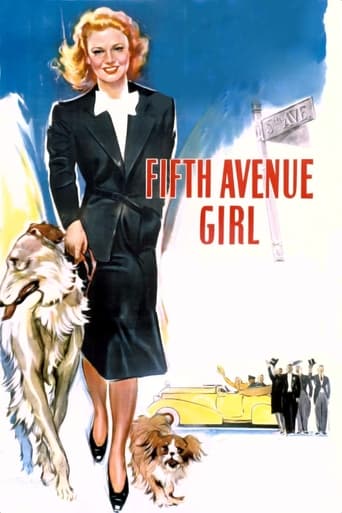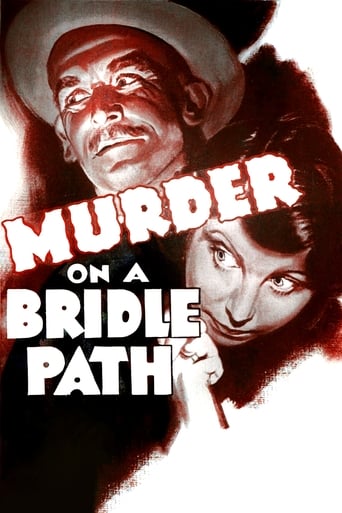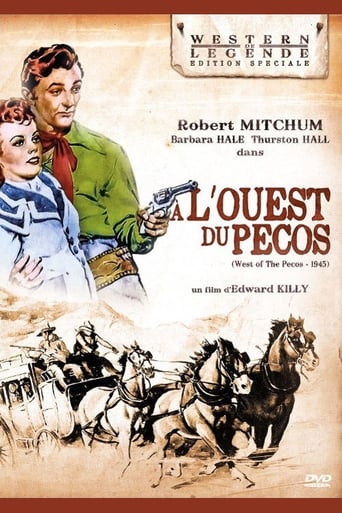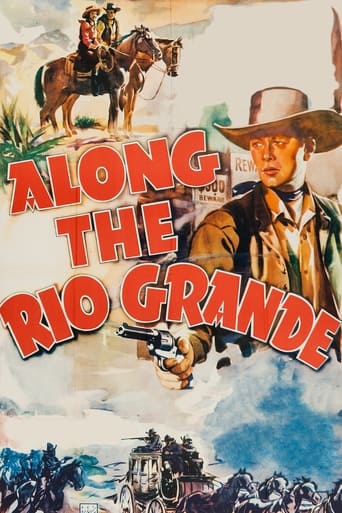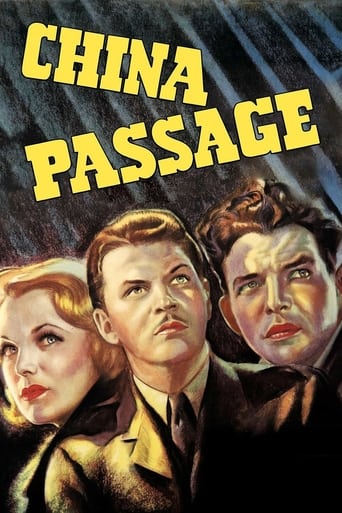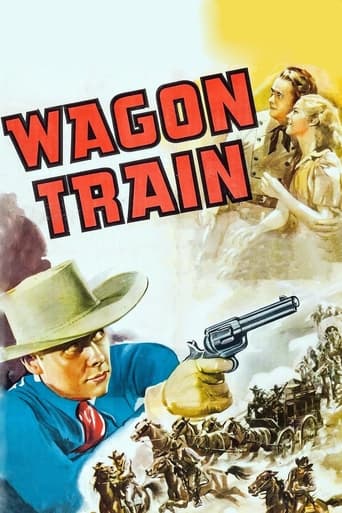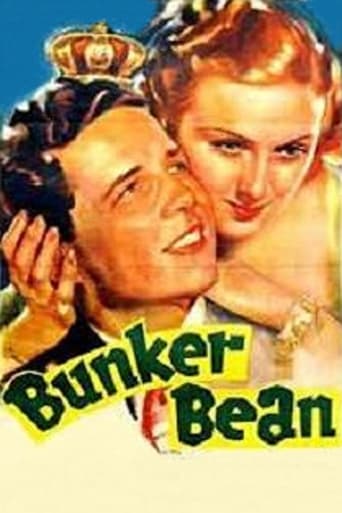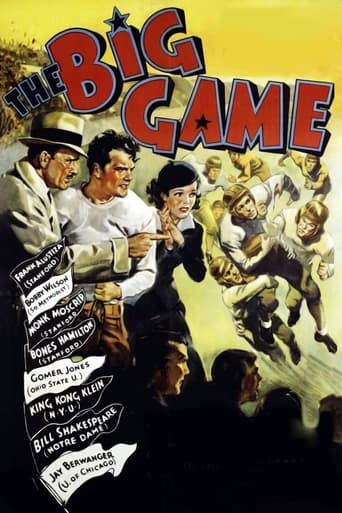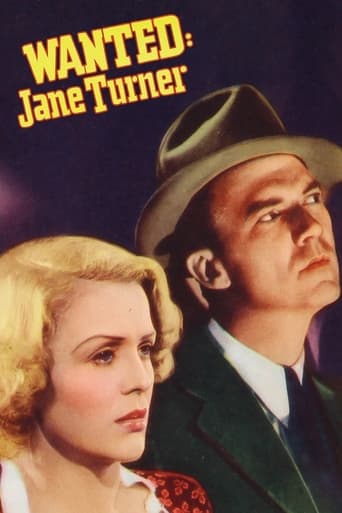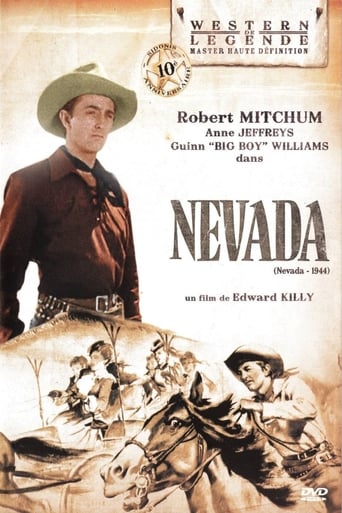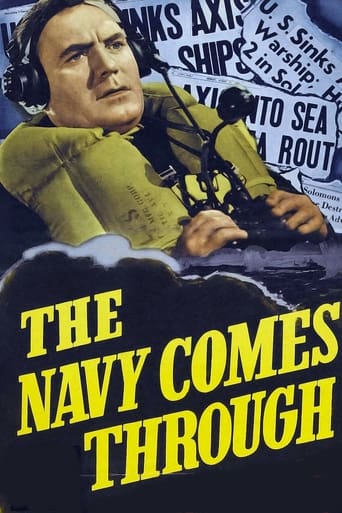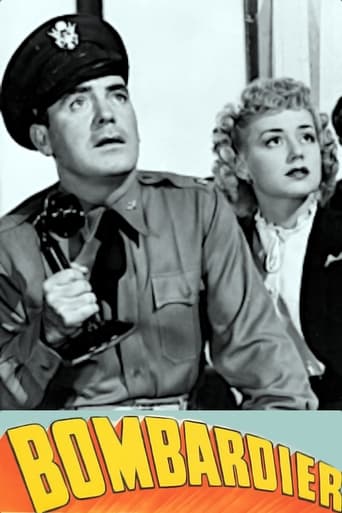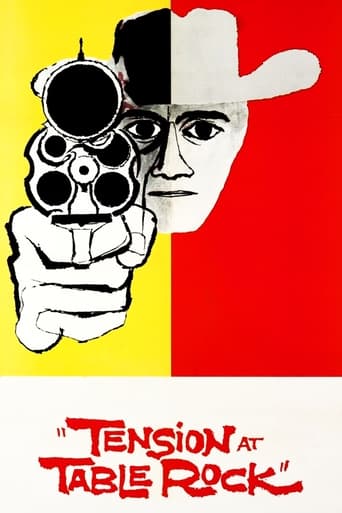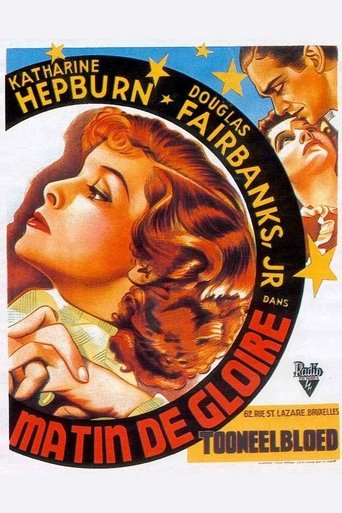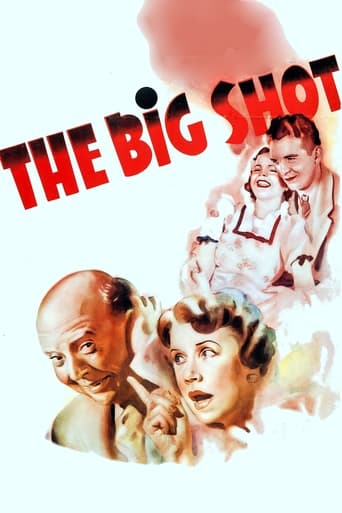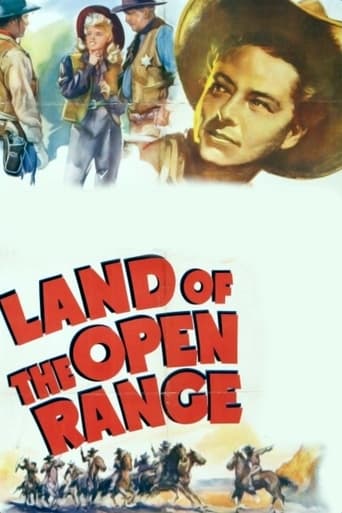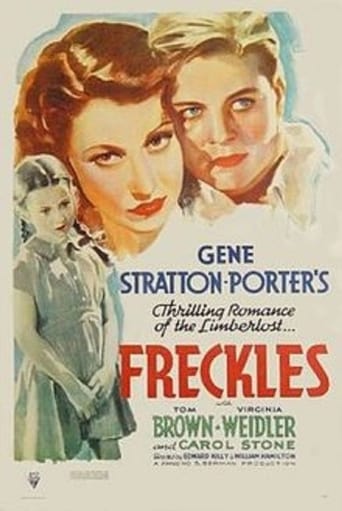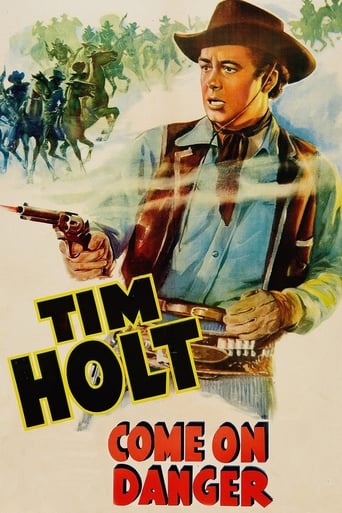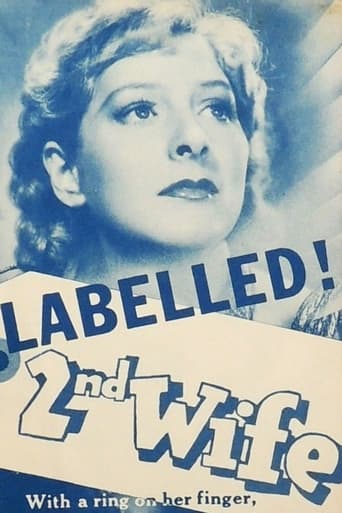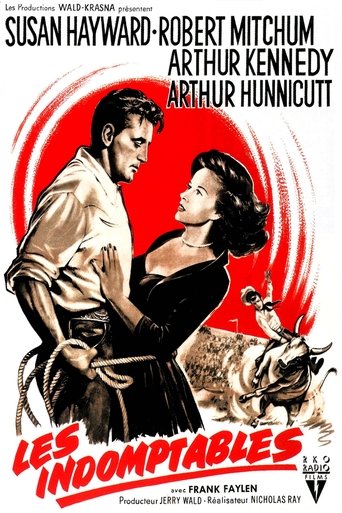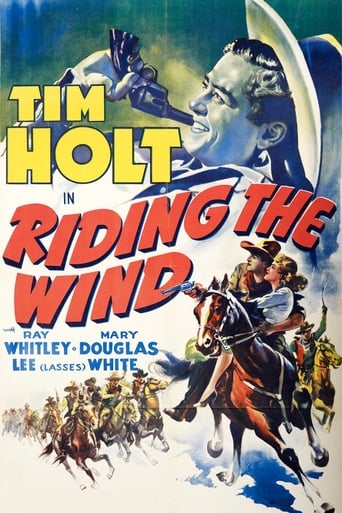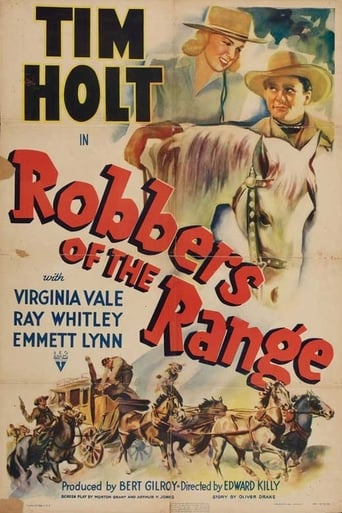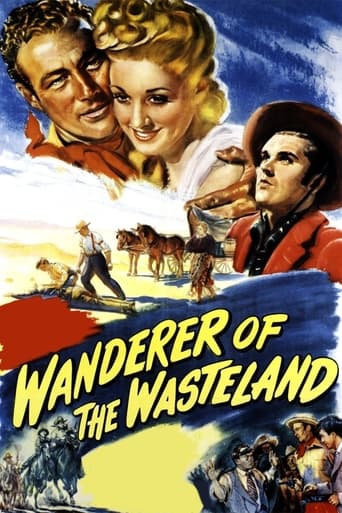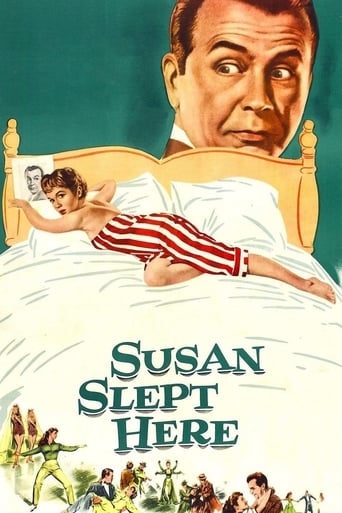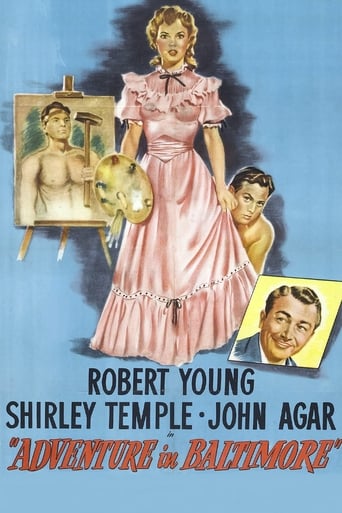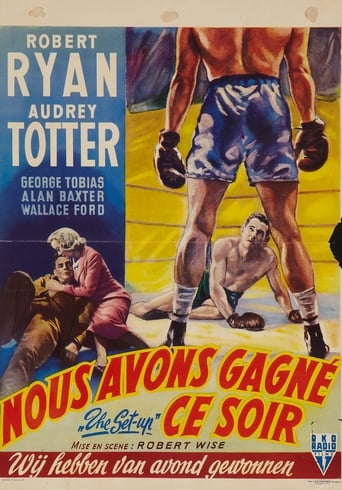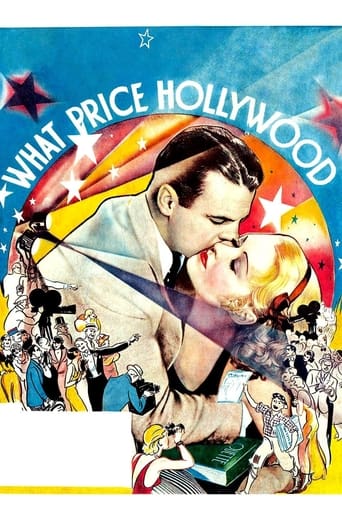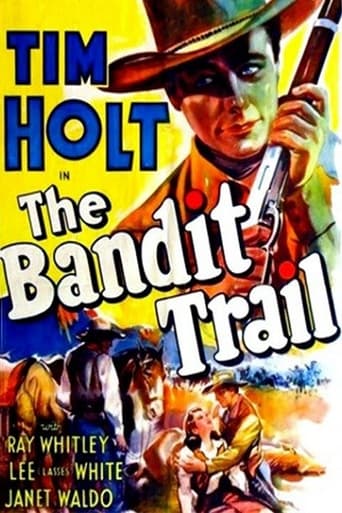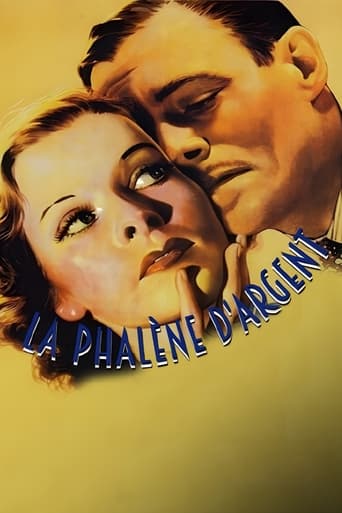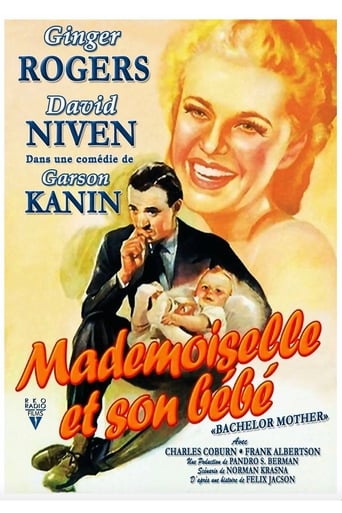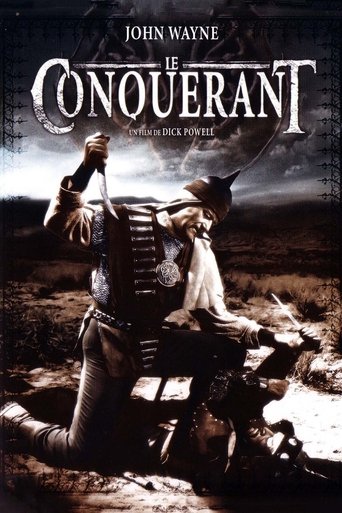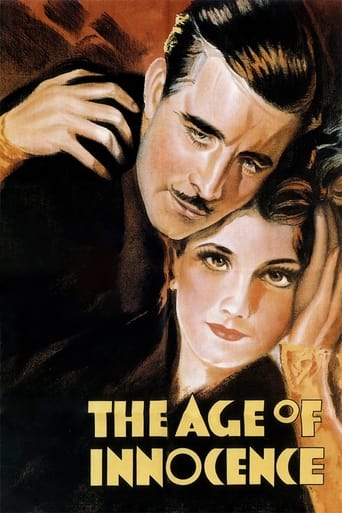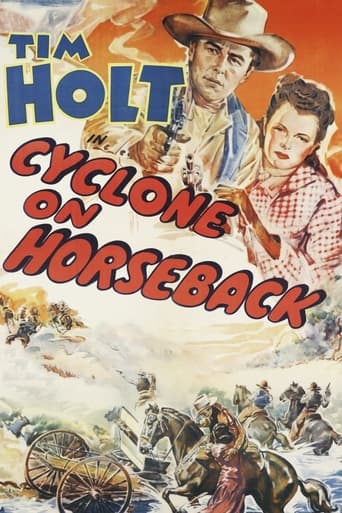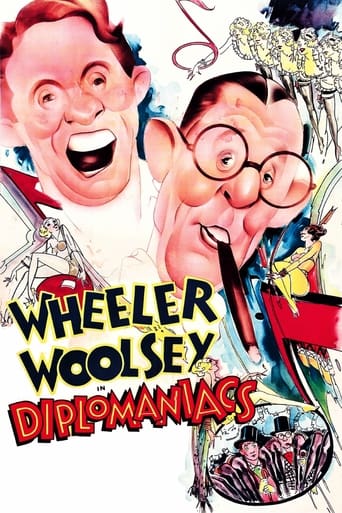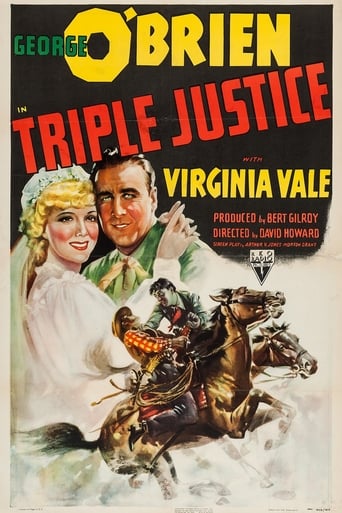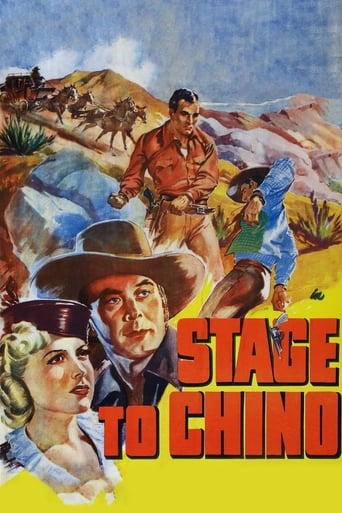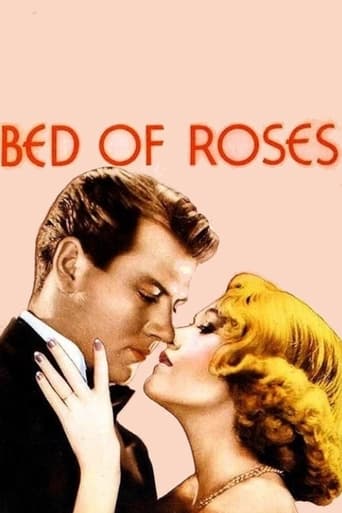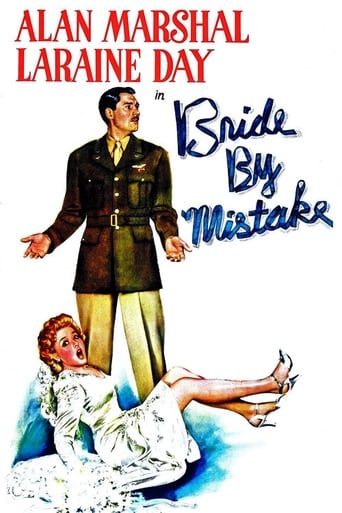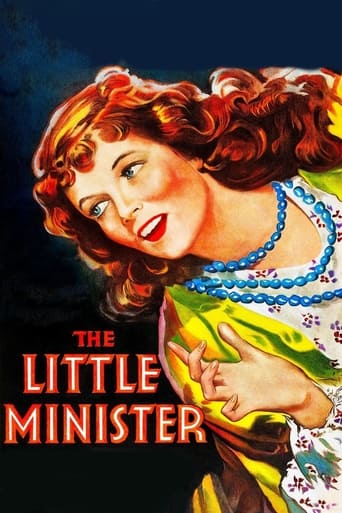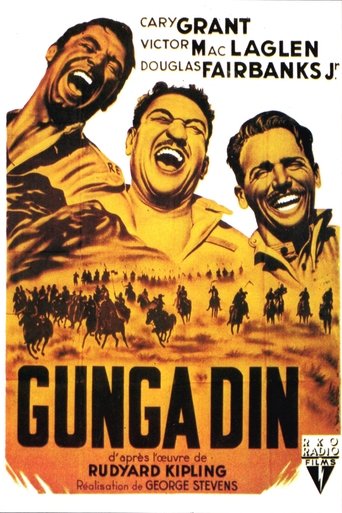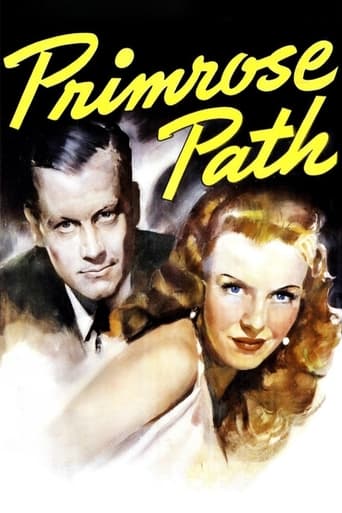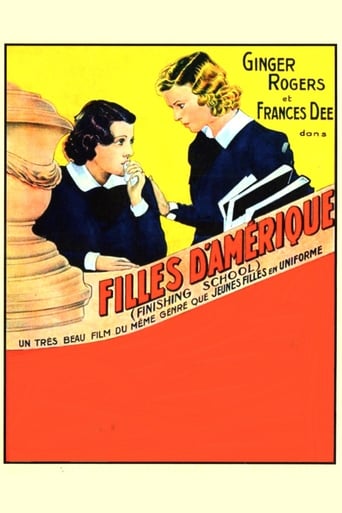
Edward Killy
From Wikipedia, the free encyclopedia Edward Killy (January 26, 1903 – July 2, 1981) was an American director, assistant director and production manager in films and television. He was one of the few individuals to be nominated for the short-lived Academy Award for Best Assistant Director. During his 30-year career he worked on over 75 films and television shows. Killy was born on January 26, 1903 in Connecticut. He entered the film industry as an assistant director at RKO Pictures, his first film being the 1931 musical comedy, Caught Plastered, directed by William Seiter, and starring the comedy duo of Bert Wheeler and Robert Woolsey. Over the next five years he assisted on over a dozen films, many of them notable films. In 1932 he was one of two assistants to George Cukor on the drama What Price Hollywood?, starring Constance Bennett and Lowell Sherman. In 1933 he was one of several assistants to Dorothy Arzner on the melodrama Christopher Strong, which featured Katharine Hepburn in her first starring role. He'd work with Hepburn on two more films in 1933, Morning Glory (one of three assisting Lowell Sherman), and one of two assisting Cukor on the classic, Little Women. That year he also assisted Seiter again on another Wheeler & Woolsey comedy, Diplomaniacs, as well as being one of three assistants to Thornton Freeland on the RKO musical Flying Down to Rio, which featured the first on-screen pairing of Fred Astaire and Ginger Rogers. The following year Killy assisted Philip Moeller on the classic drama The Age of Innocence, the first talking version of the novel, starring Irene Dunne and John Boles. He would also work with Hepburn again, being one of three assistants to Richard Wallace on The Little Minister. It was during the filming of this movie when Killy gained notoriety by telling off Hepburn. She was acting up on set one day and refusing to take her place on set, so he told her, "Get on the set before you're sent back to New York to do another 'Lake'." However, he soon became one of her favorite assistant directors. In 1935 Killy became part of a concerted effort on RKO's part to build a cadre of young directors. His first assignment as the main man behind the camera was as co-director with William Hamilton, on the 1935 film Freckles, based on the 1904 novel of the same name. The two would again pair up to direct the 1935 version of Seven Keys to Baldpate, starring Gene Raymond and Margaret Callahan. The pair would co-direct two more films before Killy was given his first solo directing assignment, 1936's Second Wife, starring Gertrude Michael and Walter Abel. Over the next ten years, he'd direct another 20 films, mostly B movie Westerns, and being the chief director for Tim Holt's Westerns. Some of the oater collaborations between Killy and Holt include: The Fargo Kid (1940), Wagon Train (1940), Along the Rio Grande (1941), and Land of the Open Range (1942). In the mid-1940s, a young actor, Robert Mitchum, was signed to a seven-year contract with RKO, with the intent of making B-Westerns based on Zane Grey novels. Killy was assigned the first of these films, 1944's Nevada. He would also direct Mitchum in another film adaptation of a Grey novel, 1945's West of the Pecos, which was also Killy's last credit as the director of a film.
- Titre: Edward Killy
- Popularité: 3.751
- Connu pour: Directing
- Anniversaire: 1903-01-26
- Lieu de naissance: Connecticut, USA
- Page d'accueil:
- Aussi connu sous le nom: Edward Arthur Killy, Ed Killy, Eddie Killy, Edward Killey, Edward A. Killy

